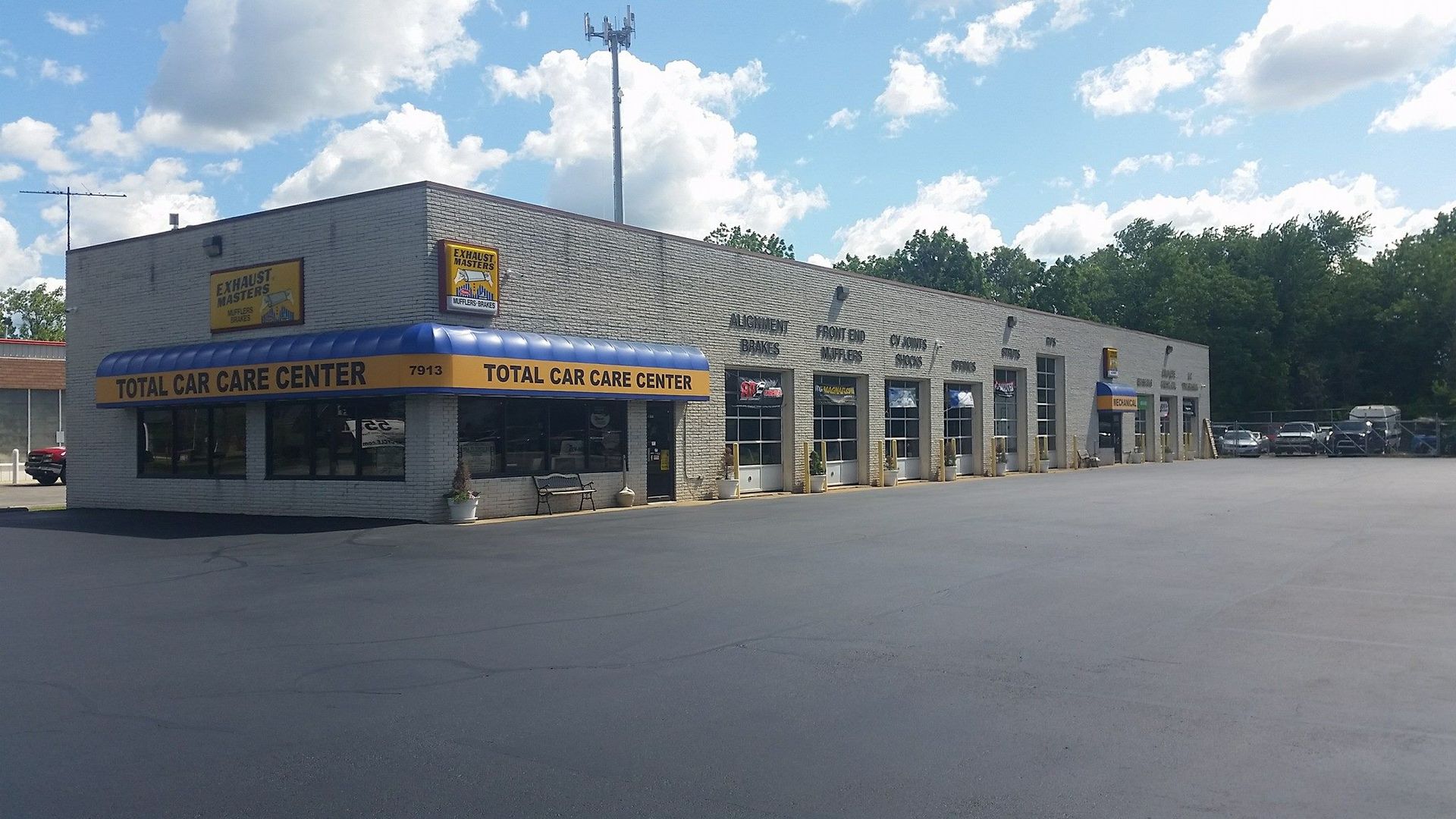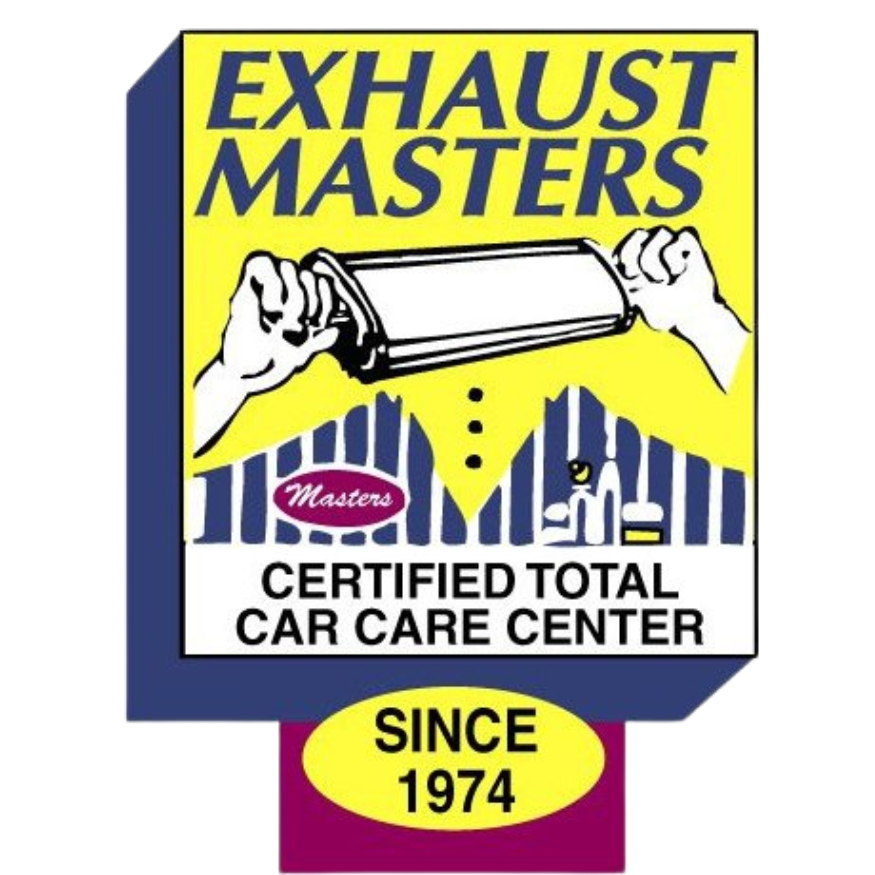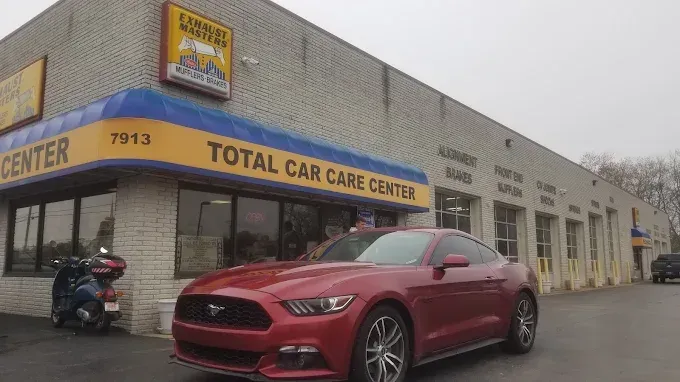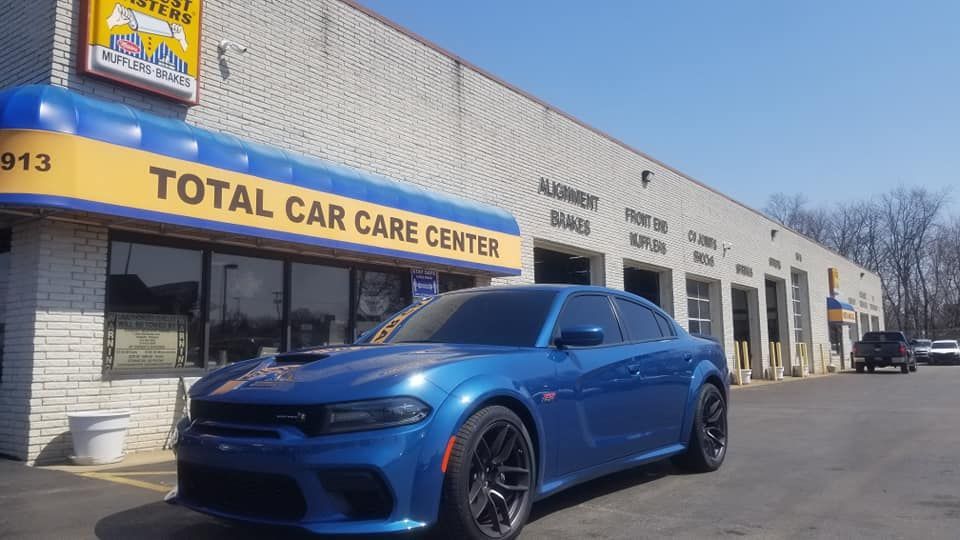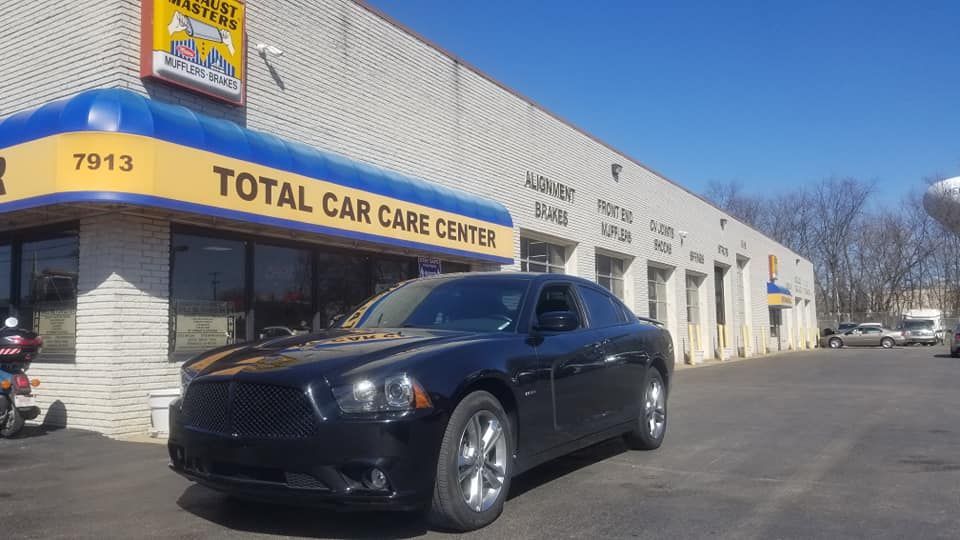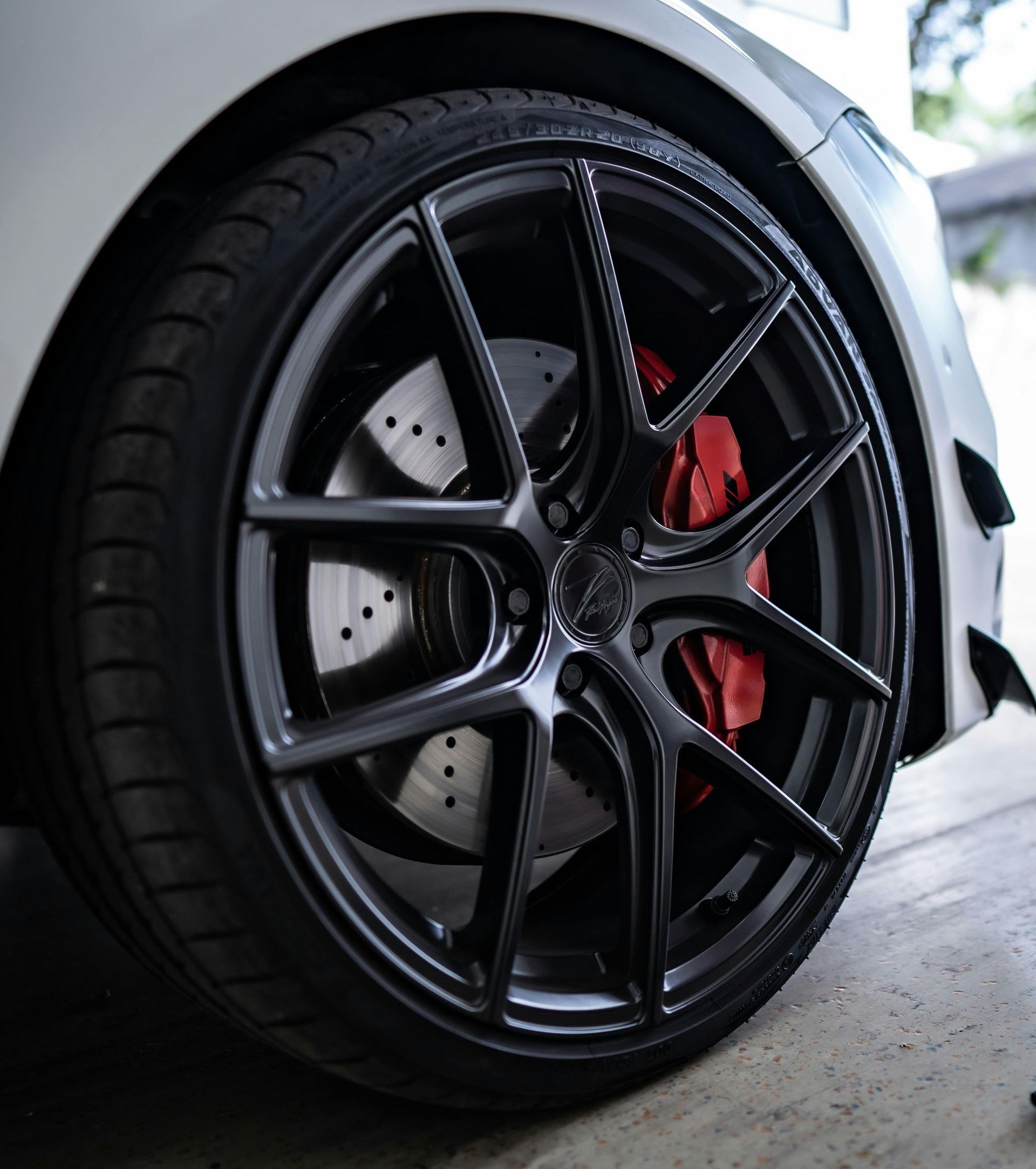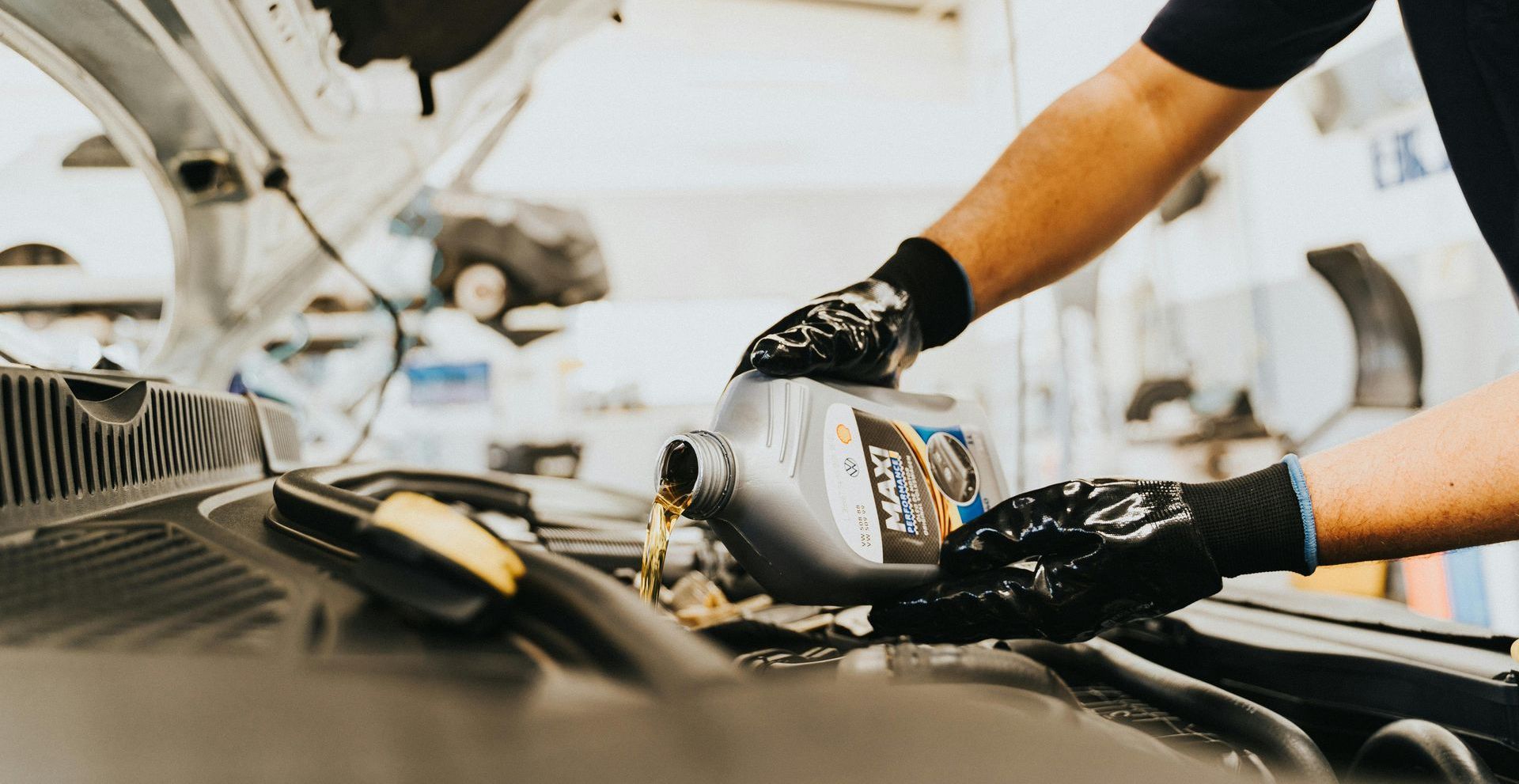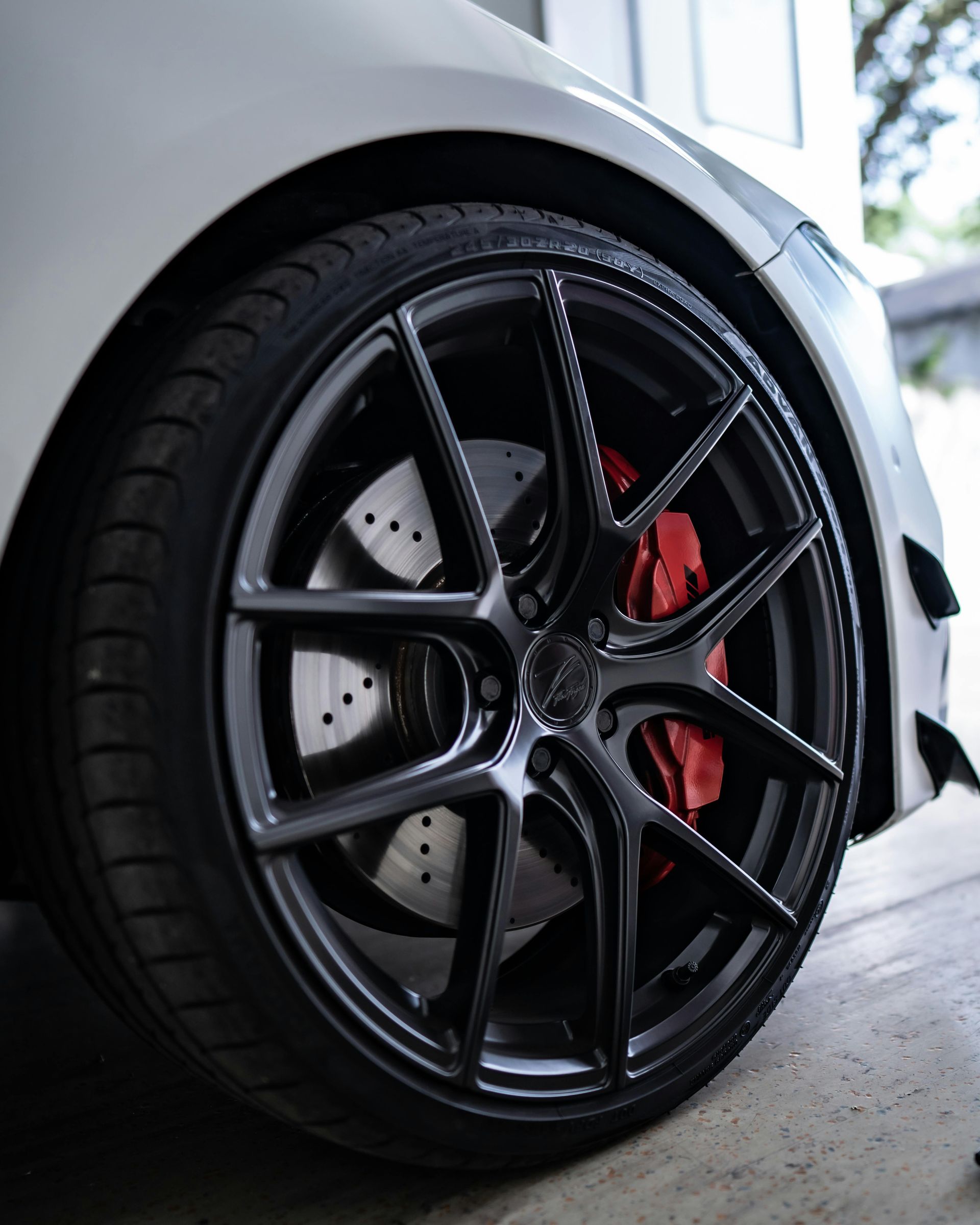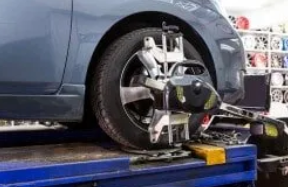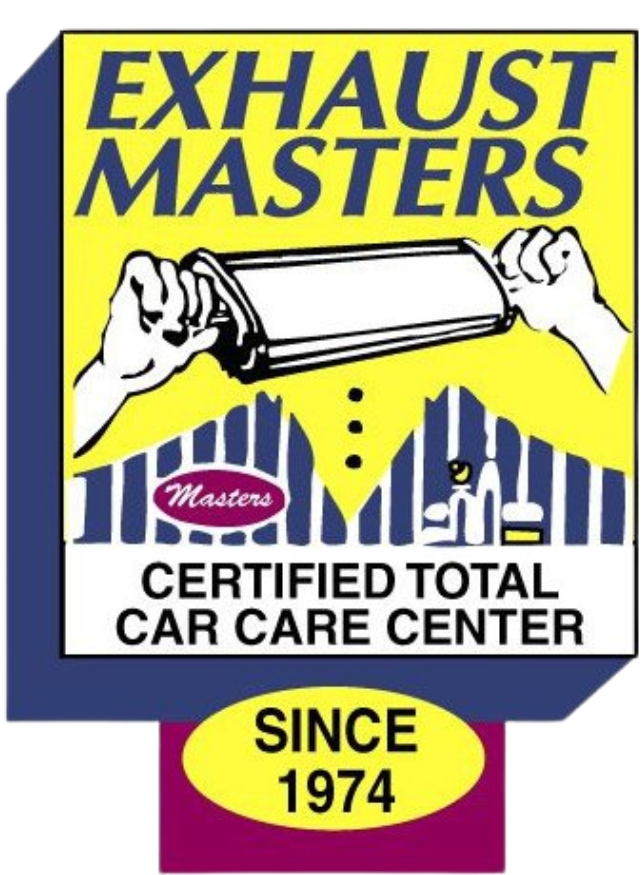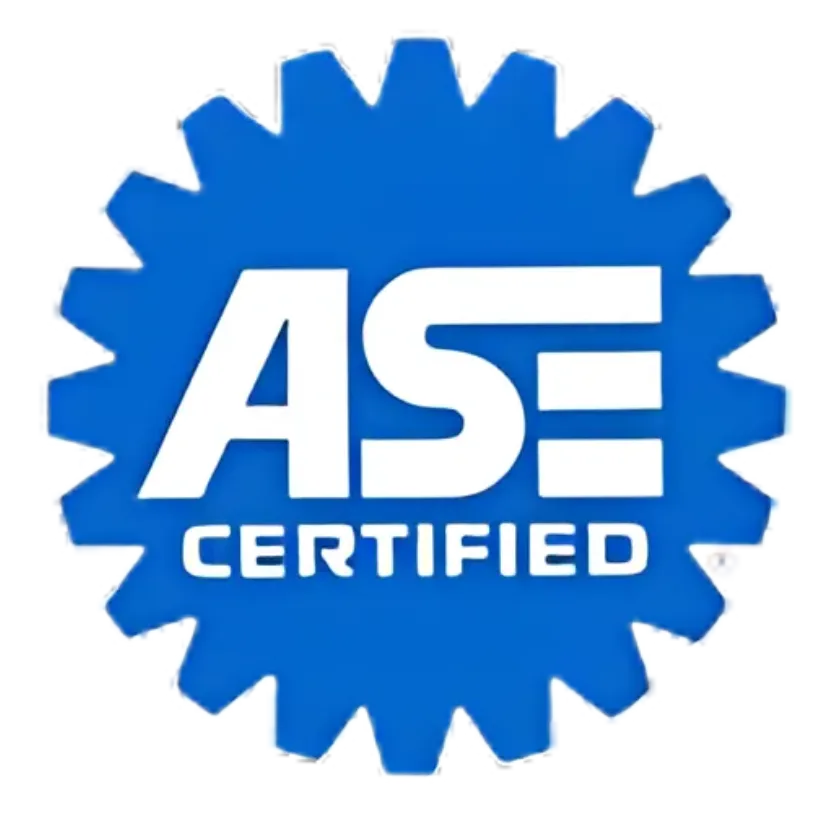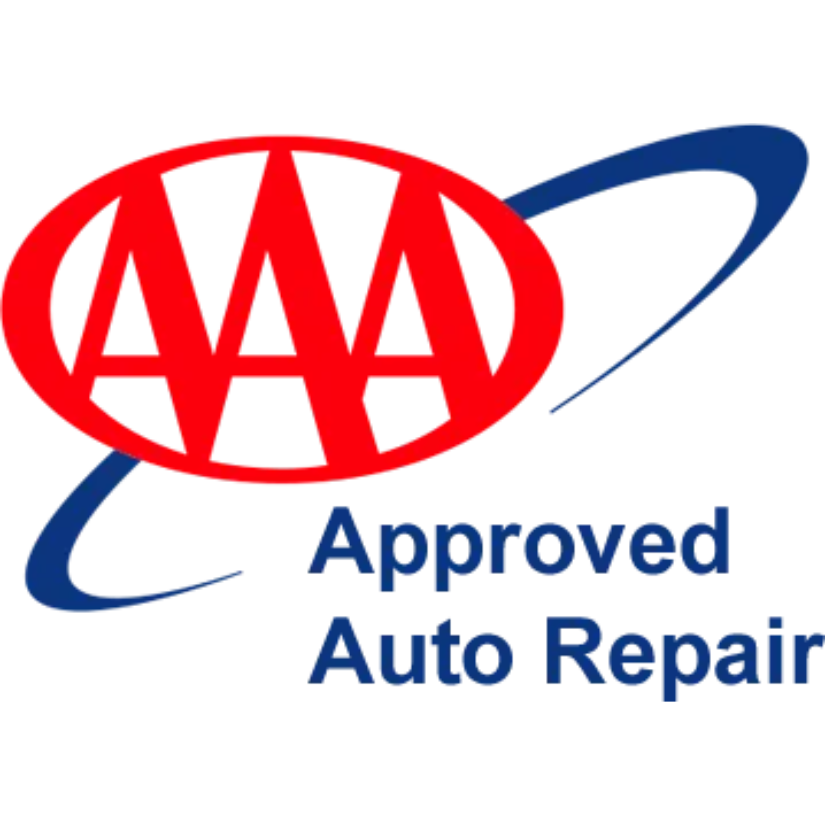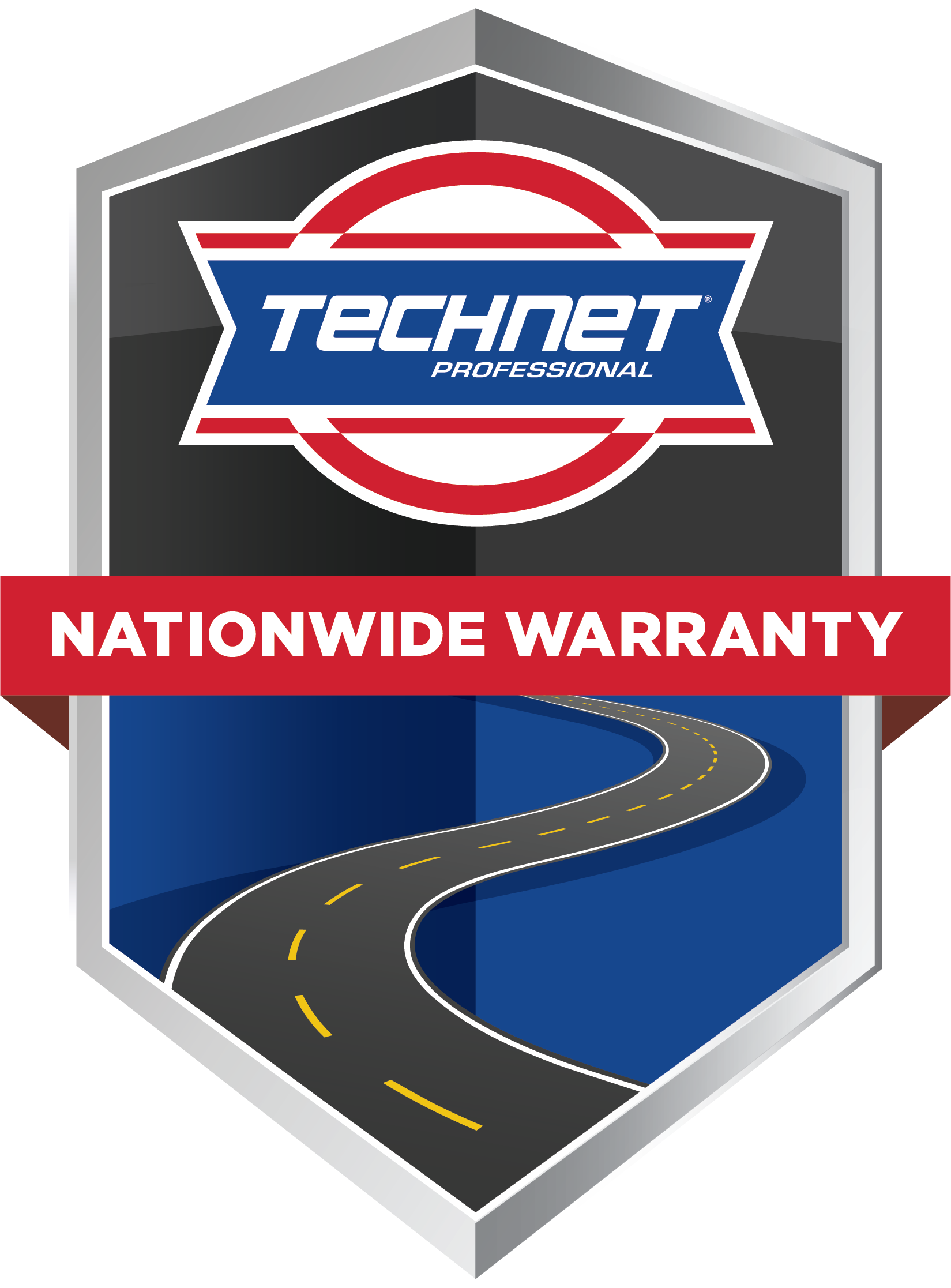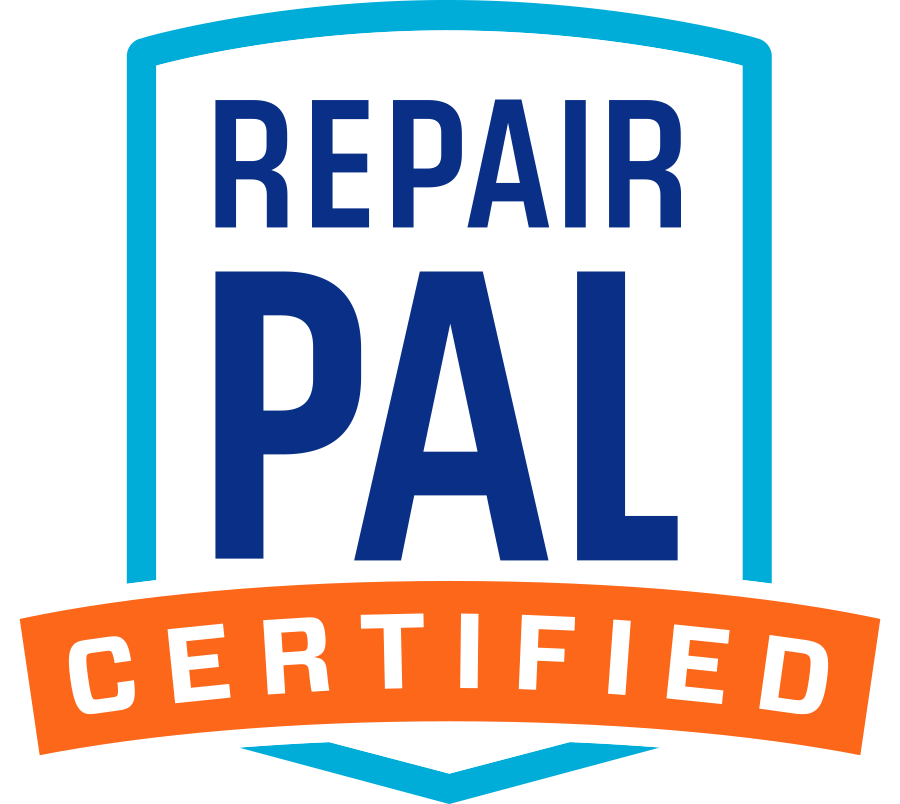Car Emission and Inspection Checklist: 5 Things to Know
What You Need to Know About Vehicle Emissions and Inspections
Maintaining your vehicle isn’t just about aesthetics or comfort; it’s also crucial for environmental health and legal compliance. Car emission testing and inspections play a vital role in reducing pollution and ensuring that your vehicle operates safely and efficiently. Whether you’re a seasoned car owner or a new driver, understanding the essentials can save you money, prevent breakdowns, and help you stay on the right side of the law. Here are five key things to know about car emissions and inspection checks.
1. Understanding the Purpose of Emission Tests
Emission tests are designed to measure pollutants released from your vehicle’s exhaust system. Automobiles emit a mix of pollutants, including carbon monoxide (CO), nitrogen oxides (NOx), particulate matter, and hydrocarbons, which contribute to smog formation, respiratory problems, and environmental damage. Regular testing ensures that your vehicle’s emission control systems—like catalytic converters, oxygen sensors, and fuel injectors—are functioning properly.
These tests typically assess whether emissions fall within acceptable standards set by environmental agencies. If your vehicle fails, it may need repairs or adjustments before passing certification. Maintaining proper emission levels not only helps the environment but can also improve your car’s fuel efficiency and performance.
2. Scheduled Inspection and Testing Requirements
Most regions have mandatory vehicle inspection schedules, which often include emission testing. The frequency varies; some areas require annual inspections, while others might require testing twice a year or more. It’s important to know your local DMV or transportation authority’s requirements to stay compliant.
In addition to emissions, inspections cover safety features, brake functioning, tire condition, and other crucial aspects of vehicle operation. Staying up-to-date with inspections prevents penalties, fines, and potential issues when renewing registration or insurance.
3. Common Reasons for Emission Test Failures
If your vehicle fails an emission test, it could be due to several underlying issues. Common causes include malfunctioning oxygen sensors, dirty or clogged air filters, worn-out spark plugs, faulty catalytic converters, or engine misfires. Sometimes, simple repairs like replacing a faulty sensor or cleaning the fuel system can restore compliance.
Driving habits can also influence emissions. Repeated short trips, aggressive acceleration, or neglecting regular maintenance contribute to higher pollutant levels. If you’re experiencing persistent failure, it’s wise to have a trusted mechanic diagnose and address potential problems promptly.
4. Preparing Your Vehicle for Inspection
Proper preparation can improve your chances of passing the emission test on the first attempt. Here are some tips:
- Perform Regular Maintenance: Keep up with oil changes, air filter replacements, and spark plug inspections.
- Fix Known Issues: Resolve engine warning lights or known mechanical problems before testing.
- Warm Up Your Vehicle: Ensure your engine reaches its optimal operating temperature; this helps produce more accurate readings.
- Check Brake and Exhaust Systems: Make sure there are no leaks, corrosion, or damaged components.
- Use Quality Fuel: Poor-quality or contaminated fuel can impair combustion and increase emissions.
Regular maintenance not only contributes to passing emissions tests but also extends your vehicle’s lifespan and enhances safety.
5. Understanding the Impacts of Non-Compliance
Neglecting emission and safety inspections can result in legal penalties, including fines, suspension of vehicle registration, or even vehicle impoundment. Additionally, driving a vehicle that emits excessive pollutants harms the environment and could contribute to health issues in your community.
In some areas, you might be eligible for grants and programs aimed at helping vehicle owners upgrade to cleaner technologies. If your vehicle is old or heavily polluting, consider options such as retrofitting emission control devices or replacing it with a newer, more eco-friendly model.
Do You Need AN Emissions INSPECTION in Merrillville, IN?
If you live in the Crown Point, Schererville, or Merrillville, IN, areas and aren’t sure if your vehicle will pass the emissions test, contact us at Exhaust Masters. With decades of experience since 1974, our mechanics provide professional and reliable emissions inspections and repairs.
